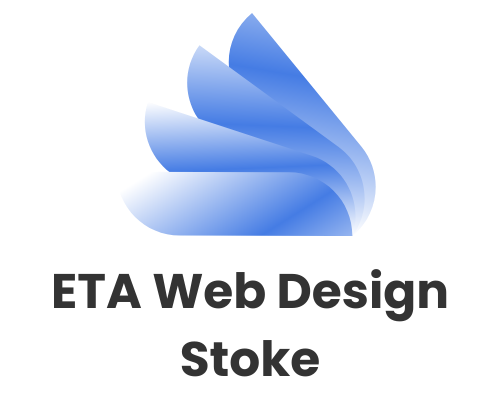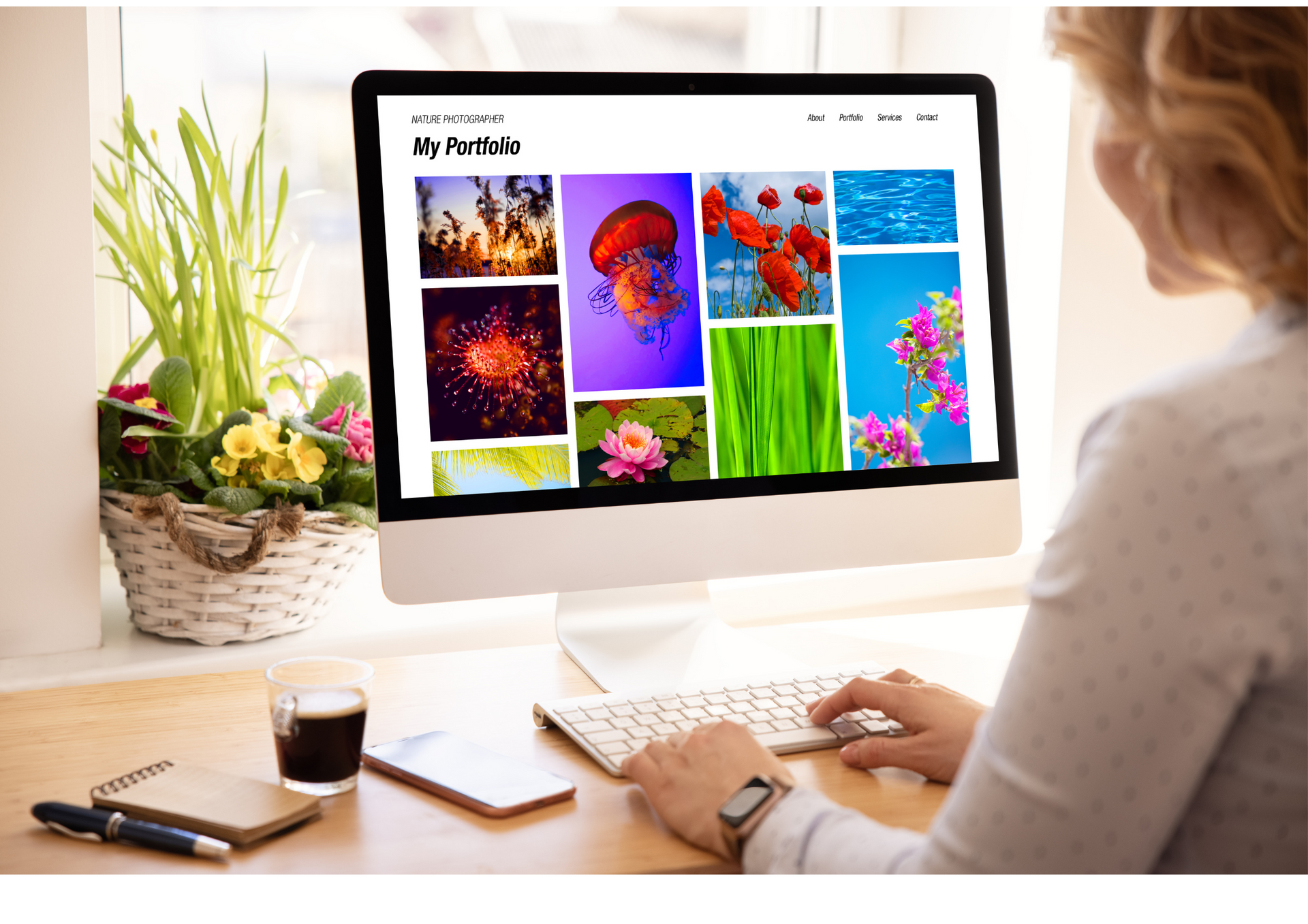In the modern digital economy, a website isn’t just an online presence — it’s a vital part of a brand’s identity, sales strategy, and customer experience. Whether you’re running a homeware brand, a wellness business, or a retail store, your website is often the first impression customers get. Yet, one question always comes up when planning a new site: how much should you pay, and who should you hire?
This guide compares freelancers and agencies, exploring Web Design Costs and value to help you choose the right fit.
Understanding What Influences Web Design Costs
Before you compare freelancers and agencies, it’s important to understand the factors that determine overall Web Design Costs. The final price can vary widely depending on the complexity, functionality, and quality of the site you need.
The cost to build a website depends on several factors — from the number of pages to the level of customisation required. A simple brochure site will naturally be more affordable than an interactive e-commerce platform or membership site. The scope of your project, integrations such as booking tools or payment gateways, and the overall design approach will all influence the price.
Other aspects like search engine optimization, security, and ongoing maintenance also add to the total investment. Quality hosting, mobile optimisation, and accessibility compliance are no longer optional extras; they’re essential for any professional website. When planning your budget, think about the long-term benefits rather than just the upfront cost. A cheaper build may save you money now but lead to limitations later.
Freelancers: Flexible and Affordable Solutions
Many small businesses start their digital journey by working with freelancers. Independent designers can provide flexibility, personal attention, and competitive pricing — making them appealing for businesses with limited budgets or smaller-scale projects.
The wordpress website cost can often be lower when hiring a freelancer, especially if they use pre-designed templates or themes. For a straightforward business site, this can be an efficient way to establish an online presence quickly. Freelancers are usually highly adaptable and can make small updates or custom tweaks without long turnaround times.
However, the downside often lies in limited resources. Freelancers work alone and may not offer the same range of expertise as an agency team. For example, one person may handle design and development but lack in-depth SEO or UX experience. If your website requires complex functionality, advanced integrations, or a long-term growth plan, you may find a freelancer’s capacity stretched thin.
Freelancers are ideal for one-off projects or temporary campaigns, but they may not provide the ongoing strategy and technical support that a growing business demands.
Agencies: Strategy, Structure, and Scalability
Working with a professional web design agency offers far more than visual appeal. It’s a comprehensive partnership focused on long-term performance, growth, and brand alignment.
Key Advantages of Hiring an Agency
- Strategic Approach: Agencies combine creativity with structure, ensuring your website is built around clear business goals and measurable outcomes.
- Comprehensive Service: Beyond design, you gain access to discovery sessions, competitor analysis, content strategy, and performance optimisation — creating a complete digital solution.
- Expert Team: Agencies bring together designers, developers, UX experts, and digital marketers, providing collective skill, consistent quality, and reliable project management.
- Custom Solutions: Although the custom design cost may be higher, every element is tailored to your brand, ensuring strong visual identity and optimal user experience.
- Ongoing Support: Most agencies offer maintenance contracts that include regular updates, security checks, and technical support for peace of mind.
- Scalability and Stability: For brands in homeware, health, and retail, agencies can handle growth, complex requirements, and evolving needs with professionalism and reliability.
Template vs Custom Builds: Matching Design with Goals
One of the biggest influences on the website creation cost is whether you choose a templated or custom build. Templates can be faster and cheaper to deploy, especially for small businesses that need a professional-looking site without significant customisation. They are also ideal for testing new ideas or launching quick campaigns.
However, templates come with limitations. They often restrict creative flexibility and can make it difficult to achieve a truly unique look that reflects your brand identity. Custom-built websites, by contrast, are designed entirely around your business goals and customer journey.
A Web Design Costs comparison shows that while custom builds are more expensive upfront, they typically deliver better long-term results. They’re more adaptable, easier to optimise for performance, and provide a seamless experience across all devices. For businesses planning to grow or expand into e-commerce, a custom build ensures scalability without redesigning the entire platform later.
Ultimately, your decision should depend on where you see your business in the next three to five years. If your website is central to your sales or marketing strategy, a custom approach offers the best return on investment.
Finding the Right Fit for Your Business
Every business has unique needs, goals, and budgets — which is why the right design partner depends on more than just price. When comparing options, think strategically rather than simply choosing the lowest bid.
The custom website design cost may seem high compared to freelance rates, but it reflects the time, collaboration, and expertise involved. If your business depends on generating leads or driving online sales, quality design and performance can directly affect your bottom line.
Here are some key considerations before making your decision:
- Define your objectives clearly. Are you focused on branding, e-commerce, or user experience?
- Review previous work. Examine portfolios that show measurable outcomes, not just pretty visuals.
- Check communication styles. You’ll want a partner who understands your goals and keeps you informed throughout the process.
- Ask about maintenance. Websites require updates — ensure your designer or agency offers post-launch support.
- Evaluate long-term ROI. A higher initial investment often saves time and money in future upgrades.
Balancing budget and quality is vital. Think of your website as an investment that grows alongside your business, not a one-time purchase.
Choosing between a freelancer and an agency comes down to priorities. Freelancers provide affordability and agility, perfect for smaller or temporary projects. Agencies, meanwhile, deliver comprehensive strategy, consistency, and ongoing support.
For brands in the homeware, health, and retail sectors, a well-built website can transform visibility, credibility, and sales performance. Whether you’re starting from scratch or redesigning an existing site, weigh the true value of your investment — not just the upfront figure.
A website should evolve with your business, offering measurable returns through performance, user engagement, and brand authority. By understanding how Web Design Costs differ between freelancers and agencies, you can make a decision that ensures long-term growth and success.
At
ETA Web Design Stoke, we combine the creativity of independent designers with the precision and reliability of a full-service agency. Our mission is to build beautiful, functional, and scalable websites that drive measurable business growth.
We work with homeware brands, health and wellness companies, and retail businesses across the UK to create digital platforms that engage customers and convert visitors into loyal clients. Every project is tailored — from initial design concepts to launch and beyond.
Our services include responsive design, UX optimisation, e-commerce development, and SEO-friendly architecture. We focus on creating websites that look exceptional and perform flawlessly on every device. With transparent communication, detailed timelines, and expert support, we make the process seamless and stress-free.
Just out on X:
Web design costs explained – freelancers or agencies, which is better?




